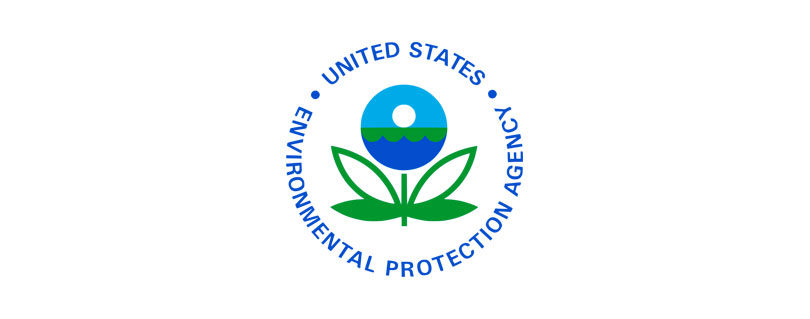New Indy Agrees to $1.1 Million Penalty and Consent Decree to Resolve Imminent and Substantial Endangerment
Publilshed by the U.S. Environmental Protection Agency (EPA)
COLUMBIA, SC (November 17, 2022) – On November 16, the U.S. District Court for the District of South Carolina approved a consent decree that resolves allegations that Defendant New Indy Containerboard Catawba LLC’s paper and pulp factory was causing an imminent and substantial endangerment to public health or welfare or the environment under Section 303 of the Clean Air Act through its emissions of elevated levels of hydrogen sulfide (H2S). The consent decree ensures that New Indy will be required to comply with requirements and stop elevated H2S emissions or face additional penalties. The complaint was brought in 2021 by the United States, on behalf of the United States Environmental Protection Agency (“EPA”).
H2S is a flammable, colorless gas that smells like rotten eggs. Exposure to H2S may cause irritation to the eyes, nose, or throat. It may also cause difficulty in breathing for individuals with asthma. Respiratory distress or arrest has been observed in people exposed to very high concentrations of H2S.
Section 303 of the Clean Air Act (“Emergency Powers”) is used when there is evidence that a pollution source is “presenting an imminent and substantial endangerment to public health or welfare, or the environment.” Under Section 303, the United States can bring suit to immediately restrain any person causing or contributing to the alleged pollution in order to stop any such emission of air pollutants that are causing or contributing to such pollution.
Under the consent decree, the defendant is required to pay $1,100,000 in civil penalties and comply with operational requirements and emission monitoring and concentration levels that are focused on ensuring that H2S emissions by New Indy remain below levels that may present health impacts. After three sequential years of compliance with the consent decree requirements beginning yesterday, New Indy may seek to terminate the consent decree, but the operational requirements will remain in effect under enforceable permits.
“This is a substantial penalty that represents accountability and corrective justice under Section 303 of the Clean Air Act,” said U.S. Attorney for the District of South Carolina Adair F. Boroughs. “We are thankful for the great work of the EPA and our state partners and remain committed to protecting our communities through tough enforcement of the nation’s environmental laws.”
“This settlement provides significant environmental benefits to the surrounding communities by ensuring they are protected from pollution from this facility through mandatory long-term improvements designed to ensure cleaner air,” said Larry Starfield, Acting Assistant Administrator for EPA’s Office of Enforcement and Compliance Assurance.
“Thanks to EPA’s swift action, the facility has not had an exceedance of the health-based standard for H2S since September 2021 and this settlement ensures that protection will be extended long-term,” said EPA Region 4 Administrator Daniel Blackman.
This settlement resolves the CAA 303 imminent and substantial endangerment finding. The EPA continues to investigate compliance for other pollutants and, should there be additional noncompliance with the CAA or other environmental laws, it will be addressed under separate action. For more information on the U.S. Environmental Protection Agency’s environmental enforcement efforts, visit: https://response.epa.gov/site/site_profile.aspx?site_id=15198
For more information about the U.S. Attorney’s Office for the District of South Carolina, please visit https://www.justice.gov/usao-sc.
This case was handled by EPA counsel Marirose Pratt; Steven O’Rourke of the Environment and Natural Resources Division of the U.S. Department of Justice; and Assistant U.S. Attorney Johanna Valenzuela for the District of South Carolina.
###
Read the full article at: https://www.epa.gov/newsreleases/new-indy-agrees-11-million-penalty-and-consent-decree-resolve-imminent-and-substantial


